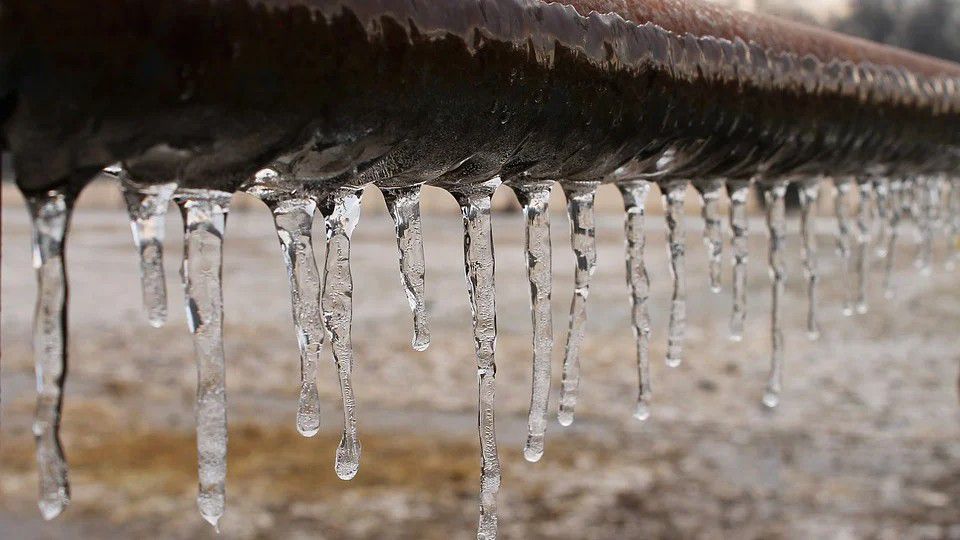TEXAS — As subfreezing temperatures move in to Texas Wednesday night into Thursday morning, among your biggest concerns is the potential for your pipes freezing and even bursting.
Burst pipes are a common issue during frigid weather, and repairing or replacing them could cost you thousands of dollars.
Pipes that run through unheated portions of your home—such as garages, basements and attics—are most vulnerable, but as many Texans discovered during the devastating winter storm of February 2021, pipes running through cabinets and exterior walls can freeze and burst as well.
The American Red Cross has tips for preventing pipe freeze and thawing frozen pipes out. Here are some of the big ones:
- Drain water from swimming pools and water sprinkler supply lines.
- Remove, drain and store outdoor hoses.
- Add insulation to attics, crawl spaces and basements.
- Add insulation to other areas of your home where supply lines are in unheated areas.
- Wrap your pipes. There are products available such as pipe sleeves, heat tape and heat cables. If those aren’t options, even common newspaper can help.
- Keep your garage door closed if it contains water supply lines.
- Open kitchen and bathroom cabinets to allow more warm air to circulate around pipes.
- Let the cold water drip from faucets connected to exposed pipes.
- Keep your thermostat at the same temperature day and night. This might contradict some other, money-saving advice, but you’ll pay a lot more to replace burst pipes than you will with an increased energy bill.
- If you need to leave your home, leave the heat on. Set it no lower than 55 degrees.
Tips for thawing frozen pipes
- Keep the faucet open as you work. As it unthaws, water will flow through the frozen area. Running water will help to melt ice in the pipe.
- Apply heat to the frozen section of pipe using an electric heating pad wrapped around the pipe. You can also try using an electric hair dryer or a portable space heater. Keep the space heater well away from flammables.
- Do not use an open flame. Steer clear of blowtorches, kerosene and propane heaters, and charcoal stoves.
- Apply heat until full water pressure is restored.
- If all else fails, call a licensed plumber.



